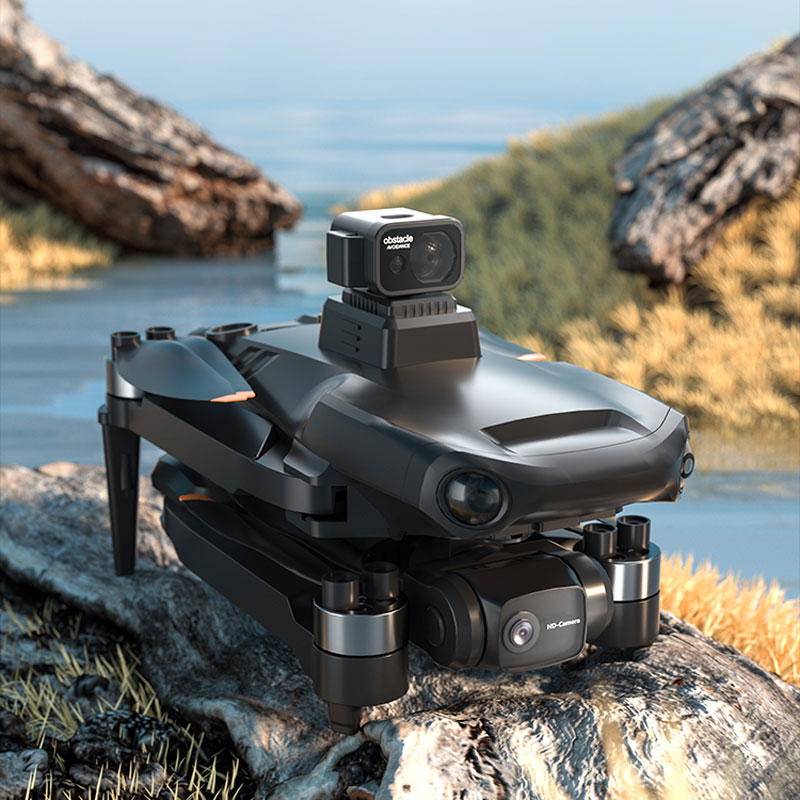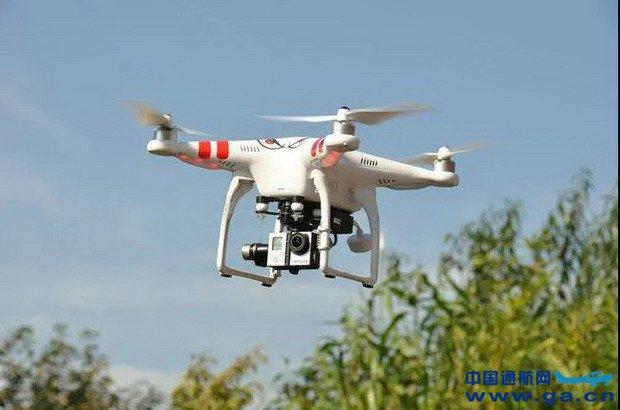As technology advances, drones equipped with cameras have become more accessible for everyone. If you’re new to the world of aerial photography, choosing the right drone camera for beginners can greatly enhance your experience without overwhelming you. Understanding key features and specifications can help you find the perfect device that matches your interests and skill level. The journey begins by recognizing what features are essential for a novice user.
Understanding Drone Camera Basics
Drones come in various sizes and capacities. For beginners, lightweight models with intuitive controls are ideal. Most starter drones include a camera with decent resolution—usually around 720p to 1080p—which is sufficient for capturing stunning imagery. Automated flight modes such as “follow me” or “hover” are beneficial, allowing you to focus on creating content rather than operating complex controls.
Features to Consider
- Camera Quality: While high-end drones offer 4K cameras, starting off with something lower like 1080p ensures a balance between price and quality.
- Battery Life: As a beginner, you’ll need sufficient time to practice. Choose drones that offer longer battery life, often ranging between 15-30 minutes of flight time.
- Range: Look for drones with a good connection range; this typically is around 100-300 meters for beginner models.
- Stability: Opt for drones with built-in stabilization features to help maintain smooth video recording.

Affordable Options with High Value
If budget is a concern, there are several brands known for offering cost-effective options. Models from brands like DJI, Ryze Tech, and Holy Stone are popular choices among new users. These devices not only provide quality features but are backed by a reliable customer support network. Don’t hesitate to explore user reviews for genuine insights into performance and durability.
Tips for Safe Flying
Operating a drone safely is paramount to enjoying your new gadget. Begin by understanding local regulations, as flying in restricted areas could lead to penalties. Spend time practicing in areas with few obstacles—fields or large open parks—as these make navigating easier. Regularly inspect your drone for any signs of wear and tear, ensuring each flight is smooth and trouble-free.
Enhancing Your Drone Experience
Taking photos and videos from an aerial perspective can be exciting and rewarding. Experiment with different angles and heights to diversify your content. Many beginner drones come with apps that provide real-time footage; use these tools to improve your shooting skills and adjust settings like exposure and white balance for better outcomes.
Frequently Asked Questions
Can I fly a drone without a license?

In most countries, hobbyists can fly drones without a specific license if certain weight and height restrictions are met. Always verify local laws before flying.
What happens if my drone loses connection?
Most beginner drones have automatic return-to-home functions that activate when the connection is lost, ensuring safe recovery of the device.
Is it hard to operate a drone?
Thanks to advancements in technology, modern drones are designed to be user-friendly. Features like GPS stabilization and auto-takeoff make it easier for beginners to handle.
